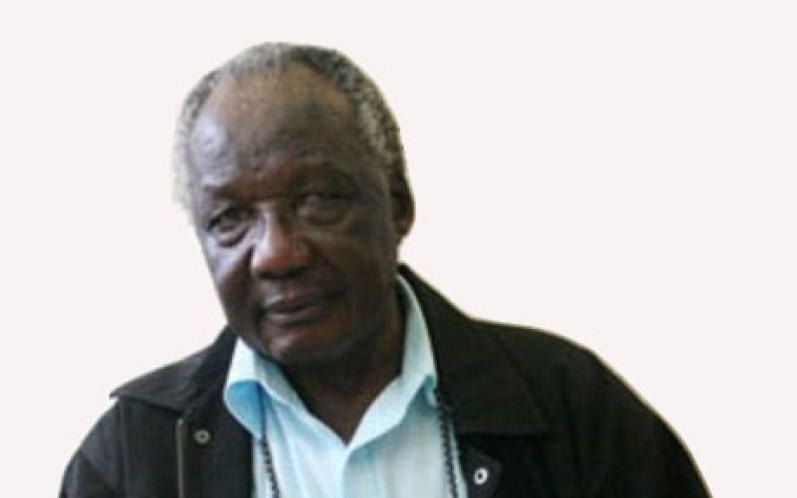×
The Standard e-Paper
Kenya’s Boldest Voice

Tracing back the columnist’s journey in journalism where he took on former President Daniel Moi in a clash of ideologies and class debates.
I knew of Philip Ochieng when I was a young man in high school in the 1970s. He had become the focus of public conversations, having recently fled the country. He had kicked up a storm by publishing an opinion piece titled “Moi and Mao.”